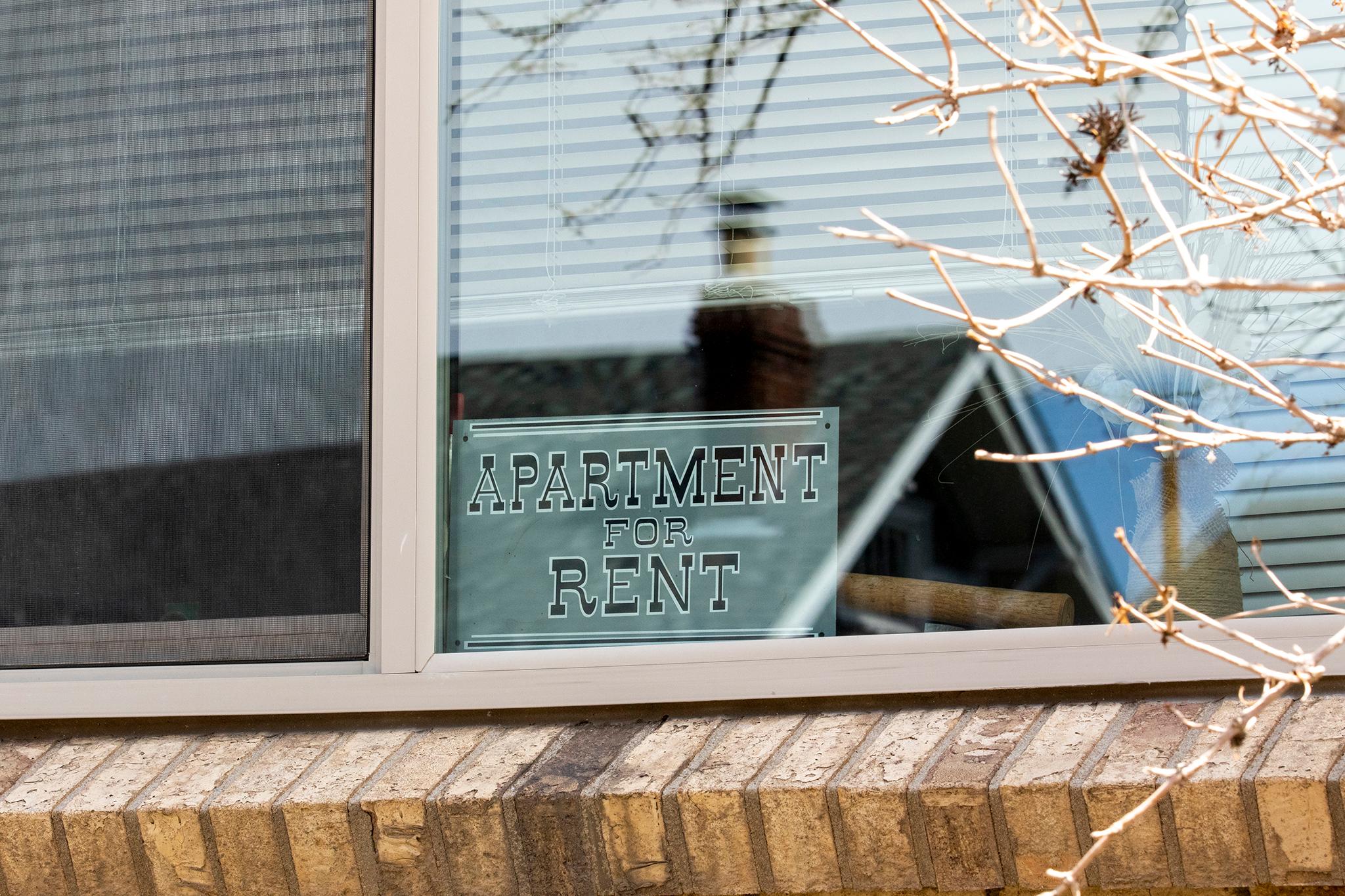Imagine calling to check the rent on an apartment you’re interested in. The building manager quotes you a monthly rate but you’re still shopping around. A few days later you check back in, only to find the rent they’re charging has gone up.
Your prospective landlord has tapped into a private data source, instantly analyzing the rent being paid at thousands of other units around the city, to figure out exactly how much potential tenants will pay.
It’s a frustrating situation for tenants trying to find a place they can afford, and critics argue these “rent algorithms” can even amount to price-fixing since they allow landlords to more easily synchronize their prices.
In the eyes of landlords, what’s known as dynamic pricing — rapidly shifting rents based on real-time data — is just good business.
Whatever it is, the use of the software driving this practice could soon be restricted in Colorado. A statehouse proposal to crack down on the use of rent algorithms by landlords has made it through several key votes, including a Senate committee on Tuesday. If passed, it would be one of the first laws of its kind.
Software products like RealPage allow landlords to tap into data analytics to advise them on the “ideal” rent cost for a unit in a given area. Critics argue that these platforms allow apartment owners to act as a “cartel” — since they indirectly allow landlords to share private data and extract higher rents.
The original version of the Colorado measure would have outright banned the use of any “algorithmic device,” but it was amended to only ban the use of “nonpublic competitor data.”
In 2022, a ProPublica article brought the practice to widespread attention, quoting an official from RealPage who said the product was “driving” a remarkable jump in rent prices.
“As a property manager, very few of us would be willing to actually raise rents double digits within a single month by doing it manually,” the executive was quoted as saying.
Large landlords have said the algorithms are simply tools to set prices more quickly and effectively.
“This product gives us more perfect information,” said Drew Hamrick of the Apartment Association of Metro Denver. “If you force us to make pricing decisions on a trial and error basis, we're going to do one or two things: We're either going to price the thing too high, in which case, nobody's going to rent it and we're going to lose money that way, or we're going to price it too low.”
The sharing of private data among competitors can sometimes cross the line into collusion, violating antitrust laws. The Department of Justice has signaled increasing skepticism of data aggregators that help competitors anonymously share data. Last year, the DOJ submitted a statement of interest in claims involving RealPage.
“Automating an anticompetitive scheme does not make it less anticompetitive,” the statement read.
Rent algorithms are the subject of several lawsuits, and one Denver-based landlord has settled claims that it used RealPage to drive up rental prices, Reuters reported.
“The market is dominated by large corporate landlords that pack their rents with hidden fees and use all available tools, including algorithms that depend on nonpublic competitor data to recommend rental prices,” said attorney David Seligman of the nonprofit firm Towards Justice.
The measure was briefly delayed as the sponsors worked on a potential amendment, but they ultimately abandoned that effort, saying they couldn't come to an agreement with opponents.
Sen. Byron Pelton, a Republican, introduced his own amendment. It would have allowed the use of nonpublic data in algorithms, but only if the same information were made available to the general public through a public rent estimation tool. Democrats rejected that amendment.
The measure heads next to the Senate floor. It has already passed the House. It ultimately would have to be signed by Gov. Jared Polis.












